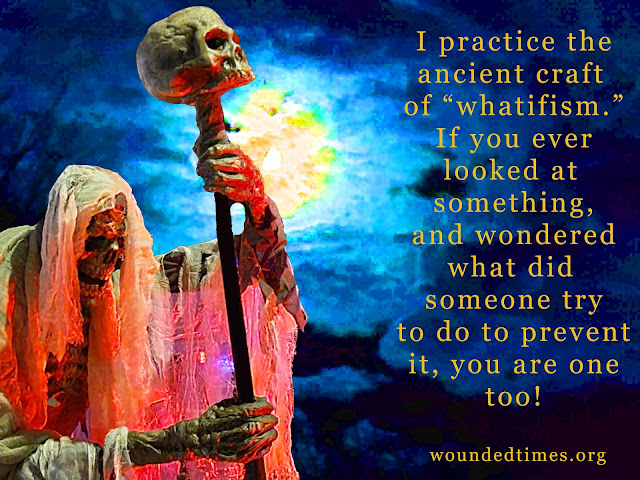Surgeon heals patients and their violent ways
Story Highlights
Dr. Carnell Cooper's Violence Intervention Program helps trauma victims
The program aims to break the cycle of violence by targeting its root causes
Study: Participants are three times less likely to be arrested for a violent crime
Do you know a hero? Nominations are open at CNN.com/Heroes
BALTIMORE, Maryland (CNN) -- Dr. Carnell Cooper, a Baltimore surgeon, is saving lives inside and outside the operating room.
Since becoming a trauma surgeon 16 years ago, he has dedicated himself to treating the many young African-American men who've been shot, stabbed or beaten, only to see them return to the ER with another severe injury just months later.
But when one of his patients was readmitted with a fatal gunshot wound to the head in 1996, it changed Cooper's life.
"The night that we pronounced that young man dead and my colleagues said there's really nothing we can do in these situations. ... I just didn't believe that," said Cooper, 54. "From that day forward, I said, 'Let's see what we can do.' "
Cooper created the
Violence Intervention Program (VIP) at the Shock Trauma Unit of the University of Maryland Medical Center, the state's busiest hospital for violent injuries. It became one of the country's first hospital-based anti-violence programs.
"We approached this problem like any public health crisis, like heart disease or smoking," he said. "We tried to work on the root causes."
Since 1998, VIP has provided substance abuse counseling, job skills training and other support services to nearly 500 trauma victims.
Don't Miss
Get involved:
Violence Intervention Program
In Depth: CNN Heroes
"Using that scalpel blade to save their life is the first step," Cooper said. "The next step is to try to keep them from coming back."
A 2006 study by Cooper and his colleagues, published in the Journal of Trauma, showed that people in the program were six times less likely to be readmitted with a violent injury and three times less likely to be arrested for a violent crime.
The issue hits close to home for Cooper. Born to unwed teenagers in Dillon, South Carolina, he grew up in a neighborhood where violent
crime was commonplace; he had friends and relatives who ended up dead or in jail.
But his grandparents made sure he stayed on the right path. As a straight-A student, he attended a prestigious high school in Massachusetts, then Yale University and Duke University School of Medicine.
But while Cooper rose above his circumstances, he felt sympathy for the young men who rotated in and out of his operating room.
"They could be my friends, my family," he said.
Cooper's program attempts to help patients from the moment they arrive because victims of violence face a greater risk of receiving another violent injury. Everyone treated for violent wounds at the
hospital is seen by a VIP case worker, often at bedside. For Cooper, approaching patients at this early stage is crucial.
"We may get them in a moment when they are thinking, 'I just almost died,' " he said. "We say, 'We're going help you find a way to get out of the game.' "
Watch Cooper talk to a victim of violence at his bedside »
go here for more of this
http://www.cnn.com/2009/HEALTH/03/25/cnnheroes.carnell.cooper/index.html










